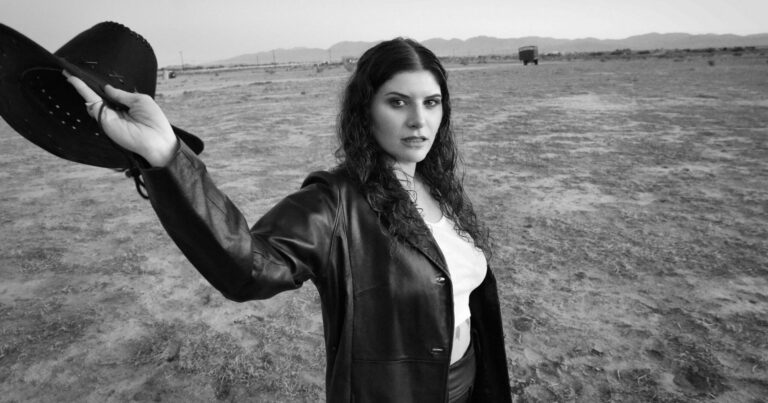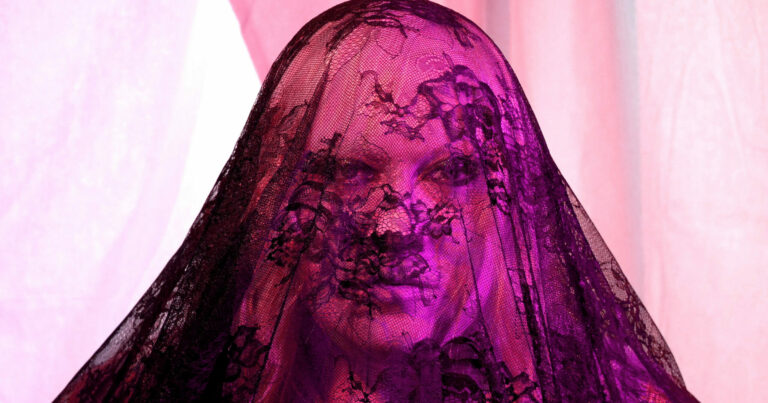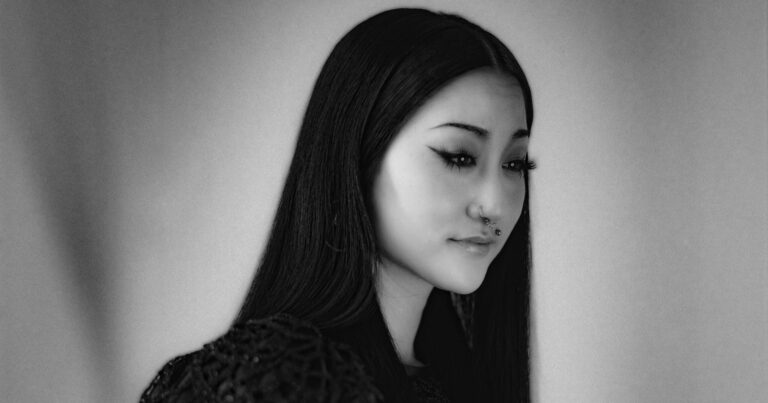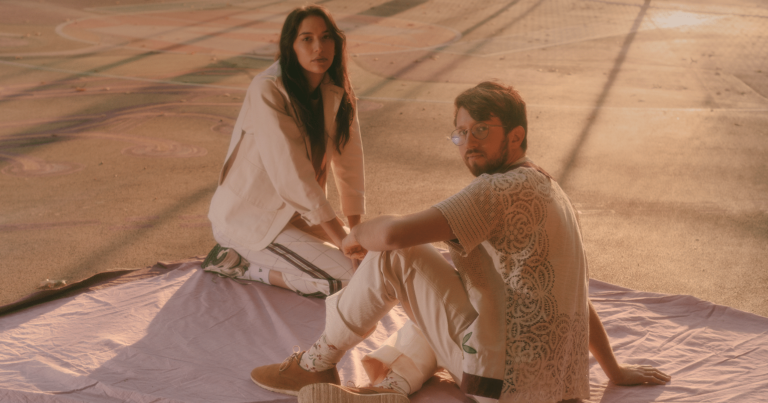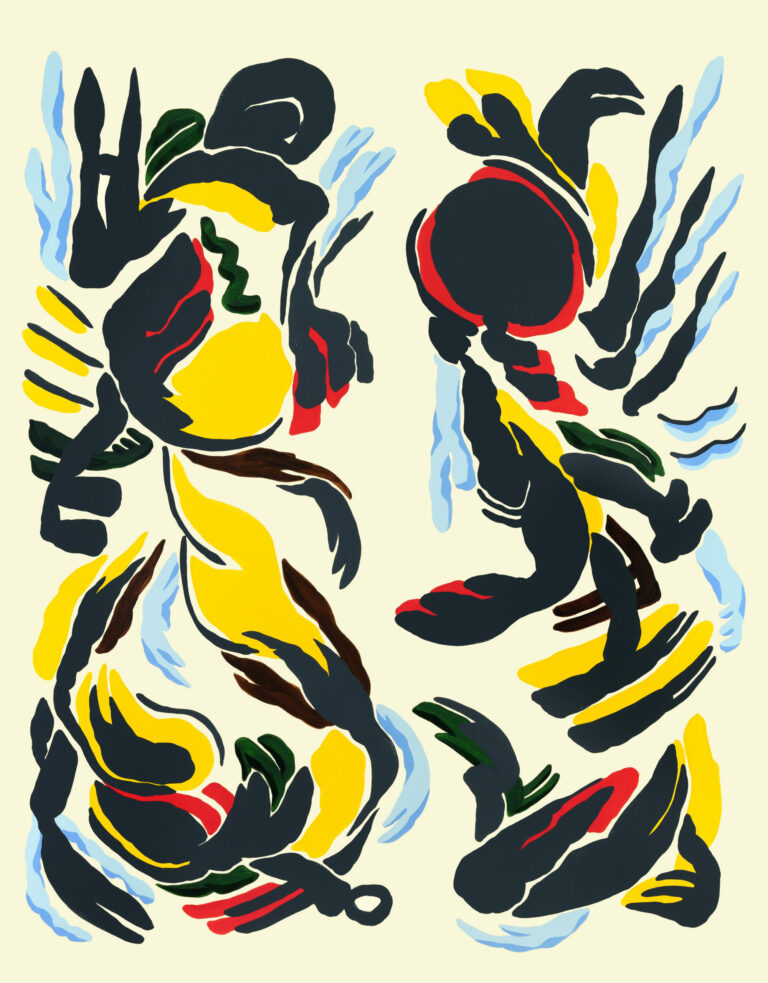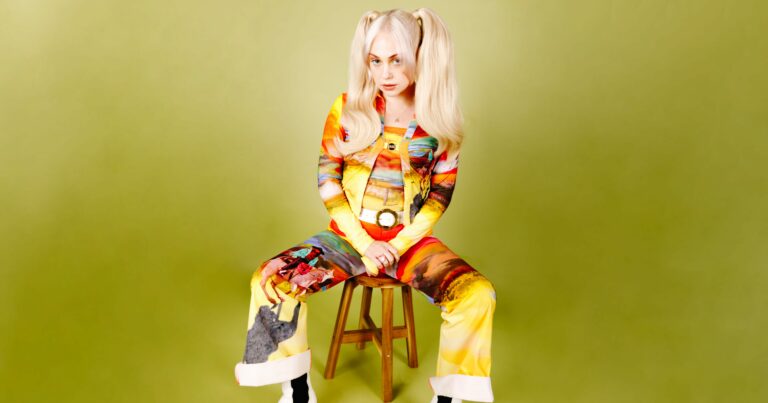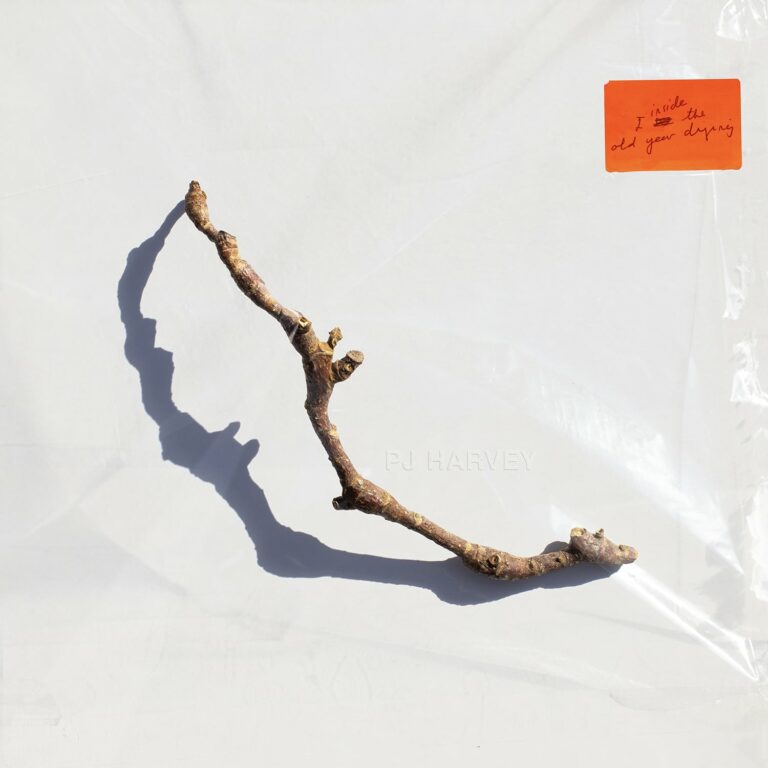Fashion is an ever-evolving art form that allows individuals to express their unique personalities and creativity. It’s a powerful tool that elevates your confidence and leaves a lasting impression. However, there are hidden factors that hinder people from achieving their desired and unforgettable style.
In this comprehensive guide, we will delve into the secrets, offering valuable insights and tips to help you stand out from the crowd. Whether you’re a fashion enthusiast or looking to revamp your wardrobe, this article will provide the knowledge you need to make a statement.
So, let’s embark on this fashion journey together and unleash the secrets to unforgettable style.
Embrace Your Style
Embracing your style empowers you to embrace your unique fashion preferences and express yourself confidently. Additionally, delve into the practical aspects of maintaining your style, including essential tips on how to remove gel nail strips effectively, ensuring your look remains as polished as your nails.
One of the critical elements of unforgettable style is embracing your fashion identity. Each person has their unique taste and preferences when it comes to clothing. Instead of following every trend, focus on discovering what makes you feel confident and comfortable.
Experiment with different styles, colors, and silhouettes to find the ones that truly resonate. By staying true to yourself, you’ll exude an authentic charm that is hard to ignore.
Master the Art of Accessories
Accessories have the power to transform any outfit from ordinary to extraordinary. They add that finishing touch and elevate your overall look. One accessory that deserves special mention is the belts. A dress belt serves the functional purpose of holding your pants up and adds a touch of sophistication to your attire.
But remember to choose a men’s dress belt that complements the outfit in color and style. Plus, ensure it is crafted from the finest full-grain leather for superior quality and longevity. Paying attention to these details ensures that your belt enhances your overall look while exuding sophistication.
Pay Attention to Fit and Proportion
No matter how trendy or expensive your clothing may be, if it doesn’t fit you well, it won’t create a memorable impression. That is why attention to fit and proportion is crucial for achieving a desired style. Furthermore, understanding your body shape and selecting garments that flatter your figure is also essential.
Remember, a well-fitted outfit can make you appear more polished and put-together.
Experiment with Colors and Patterns
Don’t be afraid to experiment with colors and patterns. They can bring life and excitement to your wardrobe. Try incorporating vibrant hues or bold patterns into your outfits to make a statement. Mix and match different colors and patterns to create unique and eye-catching combinations.
Remember, fashion is about self-expression, so let your creativity shine through your choice of colors and patterns. Embrace the joy of experimenting and discover the endless possibilities that colors and patterns can bring to your style.
Confidence is Key
The most important secret to the unique style lies within you—confidence. No matter how impeccable your outfit is, if you lack confidence, it won’t have the same impact. Stand tall, embrace your uniqueness, and radiate self-assurance.
Confidence is contagious and will leave a lasting impression on those around you. Remember to wear your clothes with pride and own every look you create.
Conclusion
Unveiling the secrets to unforgettable style is a journey that starts with self-expression and ends with confidence. By following these tips, you’ll be well on your way to creating memorable and stylish outfits that reflect your true essence.
So, go forth, fashion enthusiast, and unleash your unparalleled style upon the world!
